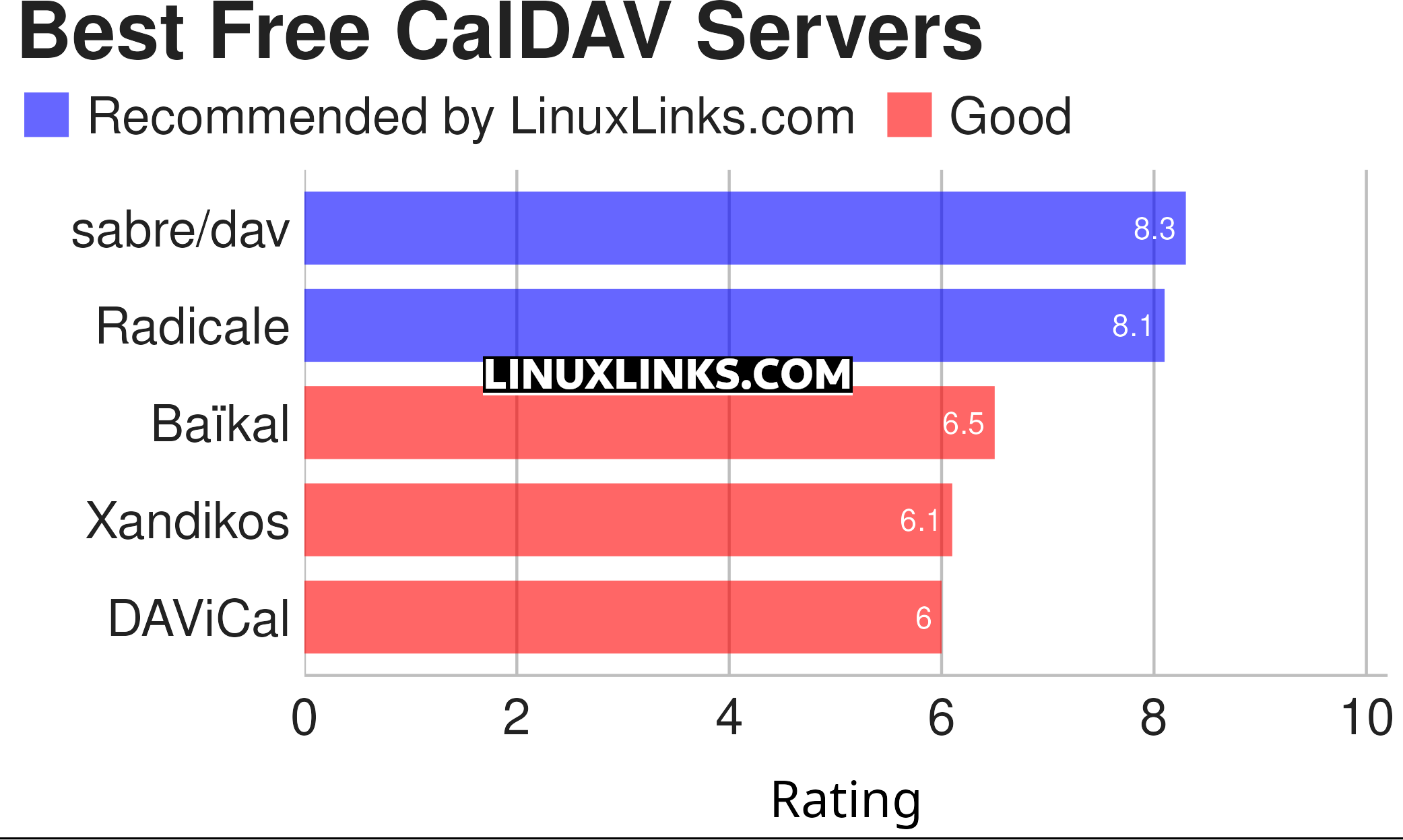CalDAV (Calendaring Extensions to WebDAV) is an internet standard allowing clients to access scheduling or meeting information on a remote server. It uses iCalendar format for data. It lets multiple users in different locations share, search and synchronize calendar data.
Both CardDAV and CalDAV are extensions on the WebDAV standard. Web Distributed Authoring and Versioning (WebDAV) itself is an extension of the standard HTTP protocol. It’s a protocol that allows multiple clients (devices/computers/apps) to share a resource (file/addressbook/calendar/etc).
The CalDAV protocol is a calendar sharing protocol. Just like CardDAV it was originally proposed as standard by Apple, RFC 6638. It uses WebDAV to share appointment data in the iCalendar-format. The “Internet Calendaring and Scheduling Core Object Specification” is an open standard itself, RFC 5545, that is widely supported. CalDAV allows multiple devices and apps to access your calendar, allowing cooperative planning and information sharing.
This article recommends the best CalDAV servers. We only include free and open source software here. The chart below captures our verdict. Note that there are a variety of other applications that include a CalDAV server. They are deliberately not included here. Other software that includes CalDAV functionality include Nextcloud, SOGo, Kopano, and Horde.

Learn more about the CalDAV servers. Click the links in the table below to learn more about each server.
| CalDAV Servers | |
|---|---|
| sabre/dav | Create WebDAV, CalDAV and CardDAV servers |
| Radicale | Small but powerful CalDAV and CardDAV server |
| Baïkal | Extensive web interface managing users, address books and calendars |
| Xandikos | Lightweight and complete CardDAV/CalDAV server |
| DAViCal | Committed to inter-operation with the widest possible CalDAV client software |
 Read our complete collection of recommended free and open source software. Our curated compilation covers all categories of software. Read our complete collection of recommended free and open source software. Our curated compilation covers all categories of software. Spotted a useful open source Linux program not covered on our site? Please let us know by completing this form. The software collection forms part of our series of informative articles for Linux enthusiasts. There are hundreds of in-depth reviews, open source alternatives to proprietary software from large corporations like Google, Microsoft, Apple, Adobe, IBM, Cisco, Oracle, and Autodesk. There are also fun things to try, hardware, free programming books and tutorials, and much more. |
